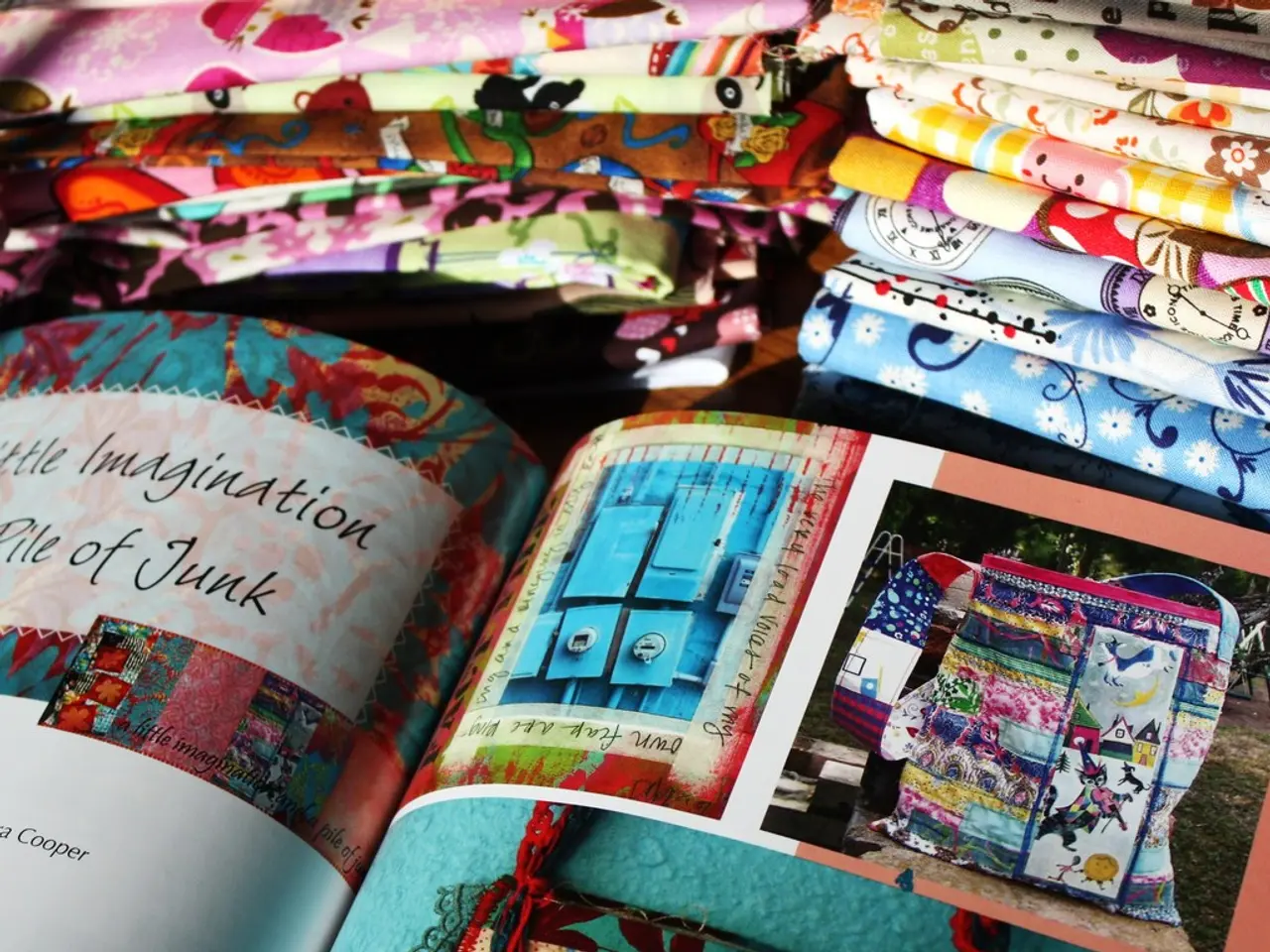The Advantages, Potential Disadvantages, and Risks of Maintaining Patience
Patience, a valuable psychological tool, can help us achieve our goals and manage negative emotions during the process. It serves as the foundation for persistence, particularly in difficult times.
In challenging situations, it's more beneficial to try to change the situation, for example, by expressing discomfort to a colleague about their behaviour. However, patience can be useful in the pursuit of complex goals when strength may run out and the goal seems less appealing.
When it comes to delayed results, such as learning new skills where progress may seem slow, patience can be beneficial. Pursuing a hobby that requires prolonged effort, like knitting, embroidery, woodcarving, gardening, dance or vocal lessons, can help cultivate patience and celebrate achievements.
In crisis periods, when the situation is unstable and familiar supports disappear, patience can aid in navigating the turmoil. Effective strategies include breaking large goals into manageable steps, shifting perspective to view delays as growth opportunities, practising mindfulness, and using stress management techniques like meditation or taking breaks.
Patience can also be important in relationships with important people, even during uncomfortable phases. Maintaining patience benefits from active listening, emotional awareness, clear communication, and conflict resolution skills that facilitate understanding and calm dialogue during challenges.
However, patience should not be used as a substitute for action or decision-making in critical situations. In toxic or abusive relationships where manipulation, control, or unreasonable behaviour dominate, exercising patience can lead to harm or enable continued mistreatment. Recognising that some interactions are designed to exert power rather than mutual respect indicates the need for boundary-setting or decisive action instead of patience.
In summary, using perspective shifts, breaking goals into smaller parts, practising mindfulness, and applying conflict resolution techniques can help exercise patience effectively with goals, delayed results, and relationships. In crisis, focusing on acceptance, goal orientation, and self-care strategies for patience can be beneficial. However, it's important to avoid patience in toxic or abusive relationships and instead prioritise action and boundary-setting. Overuse of patience can be harmful when a person has the power to change uncomfortable circumstances but chooses to accept them and do nothing.
In toxic relationships, it's not advisable to tolerate disrespect, contempt, or rude behaviour from a boss, colleague, or partner. Practice active listening in conversations to strengthen relationships and understand viewpoints better, and to practice patience.
Patience is defined as the ability to endure uncomfortable circumstances without immediate change. It can be helpful during lengthy life projects that require endurance and tolerance of difficulties. However, patience can be detrimental in situations where action is required to address an issue or improve a situation.
[1] "Effective Strategies for Cultivating Patience in Achieving Complex Goals" - Psychology Today [2] "Patience in Relationships: The Key to Successful Communication" - Harvard Business Review [3] "The Role of Patience in Navigating Crisis Periods" - The Guardian [4] "Recognising and Escaping Toxic Relationships" - British Psychological Society
- In the process of complex goal achievement, such as career development or education and self-development, patience can be beneficial when strength may dwindle and the goal seems less desirable.
- In relationships with significant individuals, like family members, friends, or partners, patience, paired with active listening, emotional awareness, clear communication, and conflict resolution skills, can foster understanding and supportive dialogues during challenging phases.




